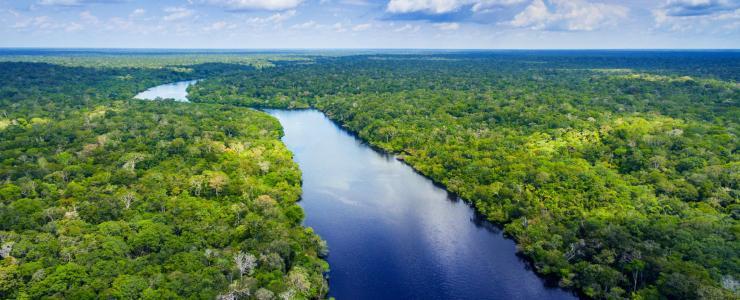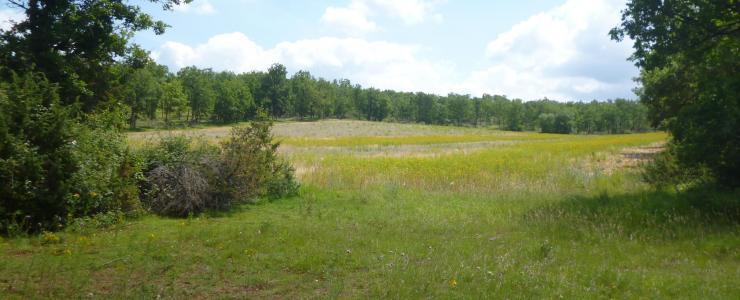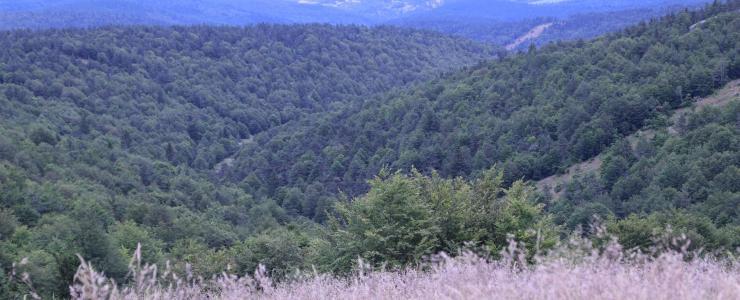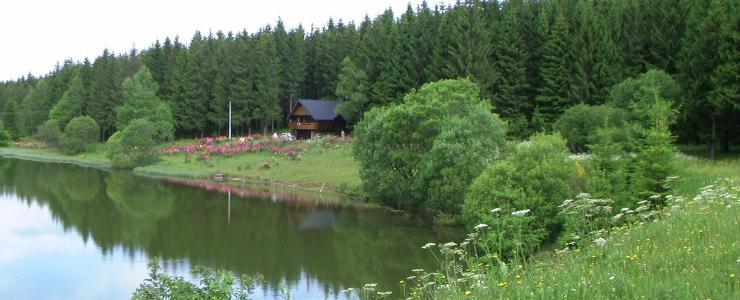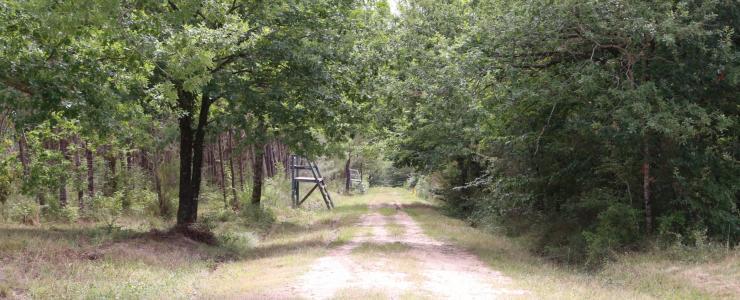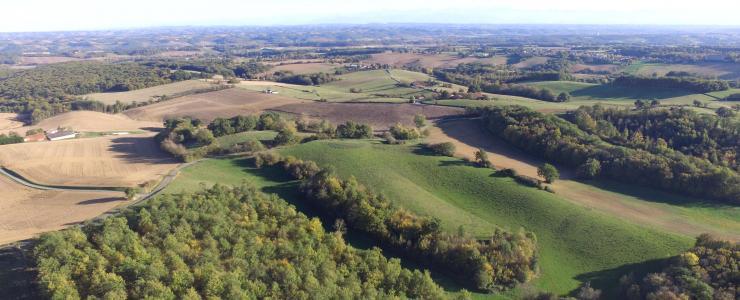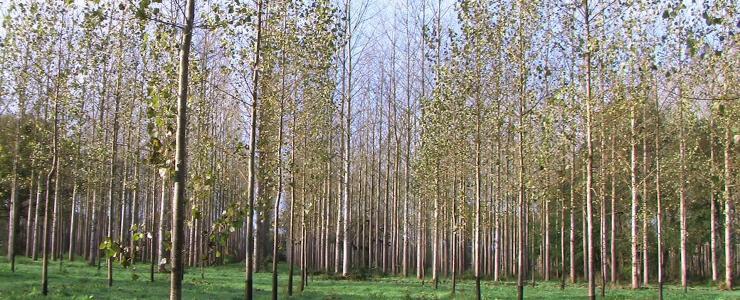Natura 2000 and Forests
The Natura 2000 network is a set of European natural sites – both on land and at sea – identified for rare or threatened wild animal or plant species and their habitats.
The European environmental protection and ecological network, Natura 2000, is a list of sites that harbor natural habitats that could come under threat.
Natura 2000 combines nature conservation and socio-economic concerns in France and Europe.
There are 1,758 Natura 2000 sites in France, which aim to ensure the long-term survival of threated species and habitats. These sites are special protection zones.
For information on the status of the zone in which you are thinking of buying property, you can get in touch with the Direction Départementale des Territoires (departmental land-use directorate or DDT).
Two directives concerning Natura 2000 sites
- The Birds Directive of 1979
- The Habitat, Fauna and Flora Directive of 1992
Under this scheme, it is possible to:
1. Introduce a Natura 2000 Forest contract
Beneficiaries: private individuals, local authorities or associations, land owners or rightful claimants of plots where the habitats are of Community interest (Natura 2000 site).
Objectives: improving and developing the ecological role of the forests on N2000 sites (proposed or designated) and implementing the management recommendations set out in the site’s ‘objective document’. Respect and conservation of the environment remain a primary objective in France’s forestry policy.
2. Sign up to the Natura 2000 charter
Beneficiaries: private individuals, local authorities or associations, land owners or rightful claimants of plots where the habitats are of Community interest (Natura 2000 site).
Objectives: The land owner or rightful claimant undertakes to comply with the good conservation practices set out in the ‘objective document’.
These commitments are mainly concerned with good environmental practices and do not require the signatory to invest substantial amounts.
The charter generally contains two types of commitment:
- general commitments that apply to the entire site
- specific commitments depending on the habitats or species that concern the designee (wetlands, open environments, forest environments, etc.).
The charter may also include general recommendations.
Terms of engagement: The signatory commits for a five-year period. The commitment is separate from the Natura 2000 contract but both can apply at the same time.
Tax benefit: The signature of a Natura 2000 charter qualifies for exemption from property tax on undeveloped properties and for certain public subsidies (especially with regard to the forest, where the signature of a Natura 2000 charter forms a guarantee for sustainable management of the wood and forests on the site).
Get in touch with Forêt Investissement and find out about our legal service which can provide information on the conditions for modifying the landscape and the regulatory requirements for a forest on a listed ‘Natura 2000’ site.
Link to the website of the Ministry for the Ecological and Inclusive Transition






